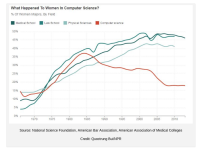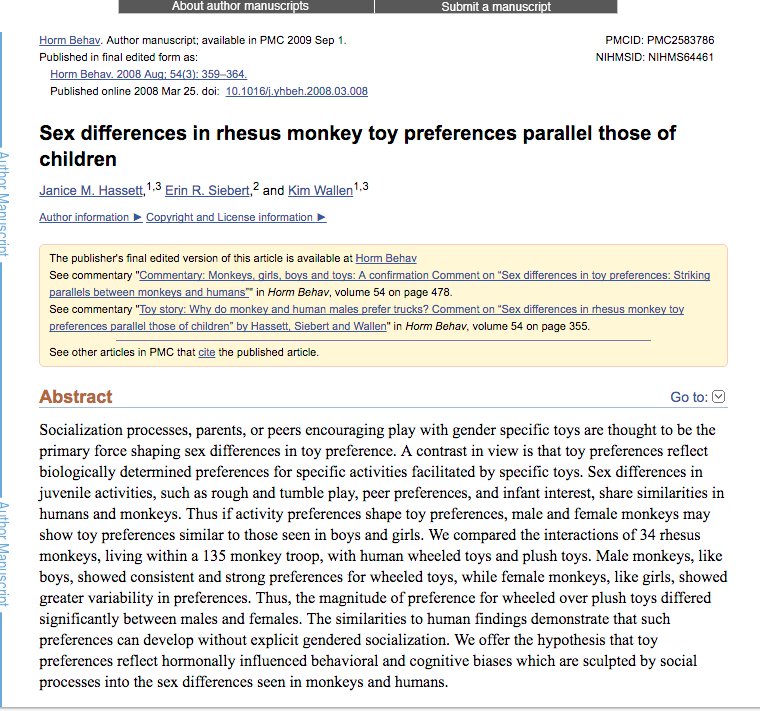Part of that is because doctors are part of the health care economy and vets are not.
The health care economy is a protected economy and doctors are able to get money for difficult procedures because of insurance. They are getting less and less because they are not in control. But they are able to get paid for difficult procedures or for doing things that require a lot of training and skill.
Vets have a limit to what they can do. Difficult expensive procedures need to be paid for by the owner.
The "Blue Juice" definitely keeps costs in check in veterinary medicine.
Insurance as currently structured is a massive inflator for human medicine. There isn't a tax subsidized (like my insurance that is paid by my employer without that compensation being taxed as income) third party payer involved. The Vet Clinic/Hospital is paid directly for service rendered. You know exactly what you are paying and for what.
The insurance scam has been trying to push its way into veterinary medicine but it is a fringe thing right now like "extended warrantees" sold at applicance/electronics stores and isn't really making a dent in the market or price structure.
Human medicine would be a lot cheaper and generally a better value for outcome to cost ratio if you paid for what you could afford direct to medical providers and then blue juiced out when something really expensive came along. Of course we won't generally blue juice a 50 year old person with a bad back whereas that snippy little 9 year old dachshund might killed with a blown disc. (We have a 14 year old Dachshund that blew a disc at age 8. His family was going to kill him but we rehabbed him and also had a $5000 fund set aside in case he went down again). It is crazy how cheap ACL reconstruction and back surgery are for dogs. There isn't a human life at stake but the technology and skill needed to do it right are the same.
- - - Updated - - -
But is it sexism, or indeed institutional sexism? That's the question.
No and I don't think that is the point of the opening post.
Opening post is arguing opposite in a way; providing an example of an unbalance that is not a result of an institutional bias so as to argue that claims of institutional bias are without merit.


